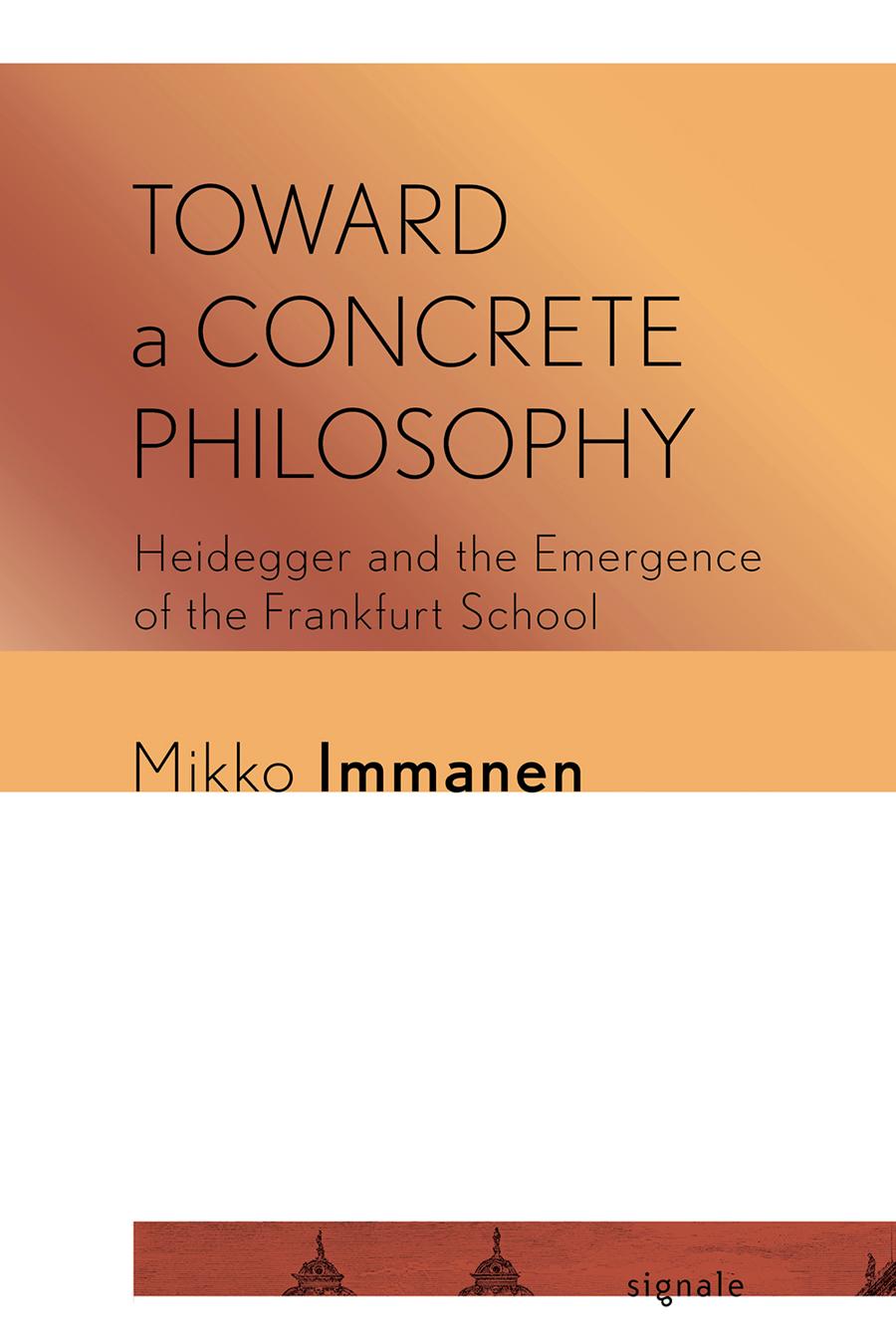

Most ebook files are in PDF format, so you can easily read them using various software such as Foxit Reader or directly on the Google Chrome browser.
Some ebook files are released by publishers in other formats such as .awz, .mobi, .epub, .fb2, etc. You may need to install specific software to read these formats on mobile/PC, such as Calibre.
Please read the tutorial at this link: https://ebookbell.com/faq
We offer FREE conversion to the popular formats you request; however, this may take some time. Therefore, right after payment, please email us, and we will try to provide the service as quickly as possible.
For some exceptional file formats or broken links (if any), please refrain from opening any disputes. Instead, email us first, and we will try to assist within a maximum of 6 hours.
EbookBell Team

5.0
110 reviewsToward a Concrete Philosophy explores the reactions of Theodor Adorno, Max Horkheimer, and Herbert Marcuse to Martin Heidegger prior to their dismissal of him once he turned to the Nazi party in 1933. Mikko Immanen provides a fascinating glimpse of the three future giants of twentieth-century social criticism when they were still looking for their philosophical voices. By reconstructing their overlooked debates with Heidegger and Heideggerians, Immanen argues that Adorno, Horkheimer, and Marcuse saw Heidegger's 1927 magnum opus, Being and Time , as a serious effort to make philosophy relevant for life again and as the most provocative challenge to their nascent materialist diagnoses of the discontents of European modernity.
Our knowledge of Adorno's "Frankfurt discussion" with "Frankfurt Heideggerians" remains anecdotal, even though it led to a proto-version of Dialectic of Enlightenment 's idea of the entwinement of myth and reason. Similarly, Horkheimer's enthusiasm over Heidegger's legendary post–World War I lectures and criticism of Being and Time have escaped attention almost entirely. And Marcuse's intriguing debate with Heidegger over Hegel and the origin of the problematic of "being and time" has remained uncharted until now. Reading these debates as fruitful intellectual encounters rather than hostile confrontations, Toward a Concrete Philosophy offers scholars of critical theory a new, thought-provoking perspective on the emergence of the Frankfurt School as a rejoinder to Heidegger's philosophical revolution.